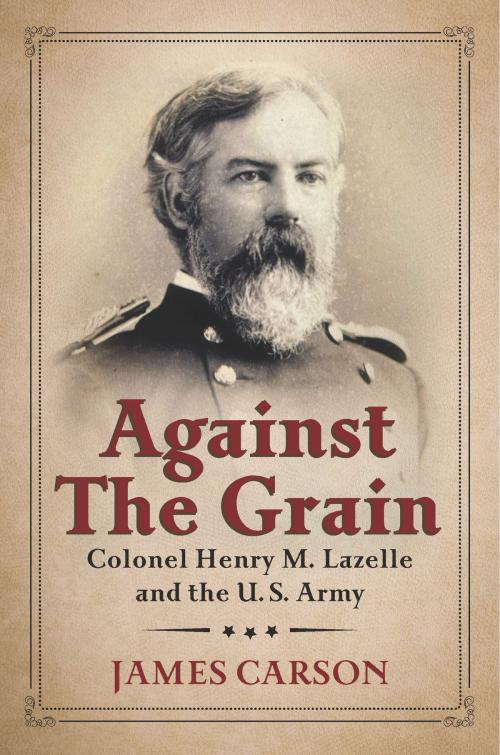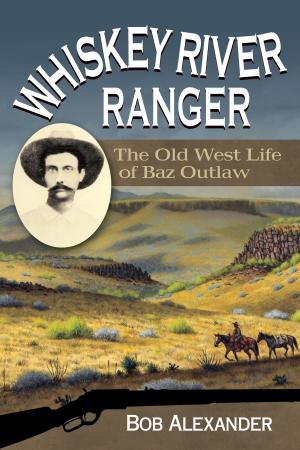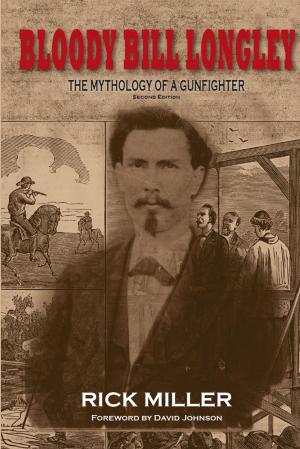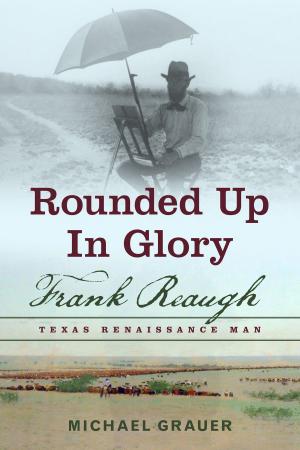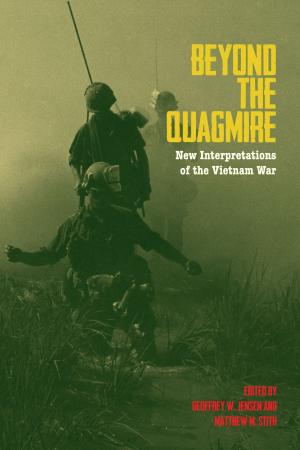Against the Grain
Colonel Henry M. Lazelle and the U.S. Army
Nonfiction, History, Americas, United States, Civil War Period (1850-1877), Military, Biography & Memoir, Historical| Author: | James Carson | ISBN: | 9781574416251 |
| Publisher: | University of North Texas Press | Publication: | December 15, 2015 |
| Imprint: | Language: | English |
| Author: | James Carson |
| ISBN: | 9781574416251 |
| Publisher: | University of North Texas Press |
| Publication: | December 15, 2015 |
| Imprint: | |
| Language: | English |
Henry Martyn Lazelle (1832-1917), born in Enfield, Massachusetts, the son of a farmer, orphaned at the age of four, and raised by a succession of relatives and family friends, was the only cadet in the history of the U.S. Military Academy to be suspended and sent back a year (for poor grades and bad behavior) and eventually return as Commandant of the Corps of Cadets. After graduating from West Point in 1855, he scouted with Kit Carson, was wounded by Apaches, and spent nearly a year as a "paroled" prisoner-of-war at the outbreak of the Civil War. Exchanged for a Confederate officer, he took command of a Union cavalry regiment, chasing Mosby's Rangers throughout northern Virginia. The early days of Reconstruction brought him to the Carolinas. Later he represented the U.S. at British Army maneuvers in India and commanded units and posts in the Far West and the Dakotas during the relocation and ravaging of the American Indian nations. Due in part to an ingrained disposition to question the status quo, Lazelle's service as a commander and senior staff officer was punctuated at times with contention and controversy. In charge of the official records of the Civil War in Washington, he was accused of falsifying records, exonerated, but dismissed short of tour. As Commandant of Cadets at West Point, he was a key figure during the infamous court martial of Johnson Whittaker, one of West Point's first African American cadets. Again, he was relieved of duty after a bureaucratic battle with the Academy’s Superintendent. Lazelle retired in 1894 as Colonel of the 18th U.S. Infantry at Fort Bliss, Texas, where his Army career had begun 38 years earlier. Along the way, he authored articles on military strategy and tactics, took up spiritualism, and published two books on the relationship between science and theology.
Henry Martyn Lazelle (1832-1917), born in Enfield, Massachusetts, the son of a farmer, orphaned at the age of four, and raised by a succession of relatives and family friends, was the only cadet in the history of the U.S. Military Academy to be suspended and sent back a year (for poor grades and bad behavior) and eventually return as Commandant of the Corps of Cadets. After graduating from West Point in 1855, he scouted with Kit Carson, was wounded by Apaches, and spent nearly a year as a "paroled" prisoner-of-war at the outbreak of the Civil War. Exchanged for a Confederate officer, he took command of a Union cavalry regiment, chasing Mosby's Rangers throughout northern Virginia. The early days of Reconstruction brought him to the Carolinas. Later he represented the U.S. at British Army maneuvers in India and commanded units and posts in the Far West and the Dakotas during the relocation and ravaging of the American Indian nations. Due in part to an ingrained disposition to question the status quo, Lazelle's service as a commander and senior staff officer was punctuated at times with contention and controversy. In charge of the official records of the Civil War in Washington, he was accused of falsifying records, exonerated, but dismissed short of tour. As Commandant of Cadets at West Point, he was a key figure during the infamous court martial of Johnson Whittaker, one of West Point's first African American cadets. Again, he was relieved of duty after a bureaucratic battle with the Academy’s Superintendent. Lazelle retired in 1894 as Colonel of the 18th U.S. Infantry at Fort Bliss, Texas, where his Army career had begun 38 years earlier. Along the way, he authored articles on military strategy and tactics, took up spiritualism, and published two books on the relationship between science and theology.
